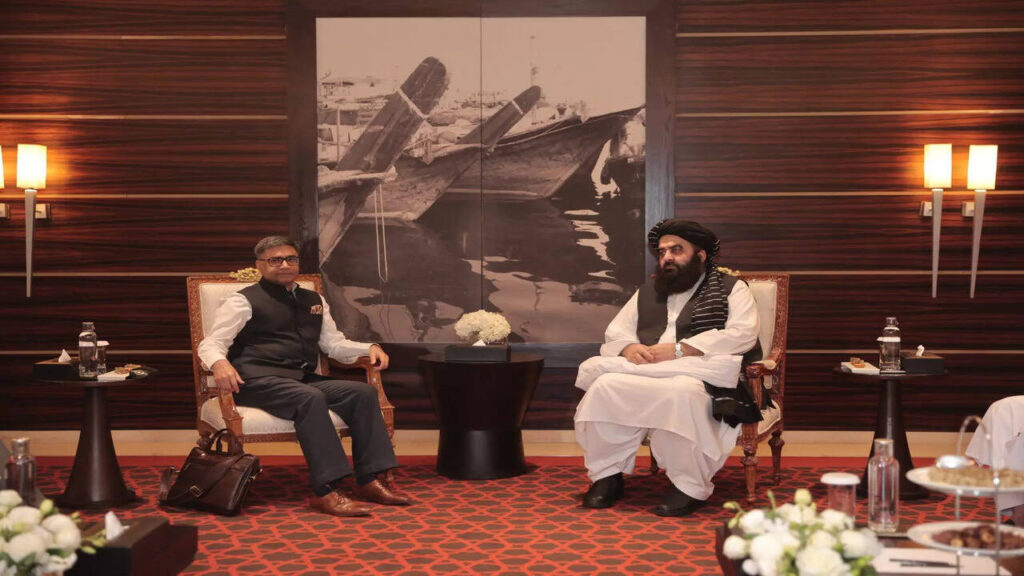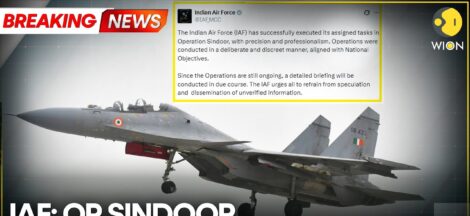Afghanistan is intensifying its diplomatic engagements with China and Pakistan, even as it maintains a cordial front with India. On 1 May, Kabul hosted a trilateral meeting with China and Pakistan, focusing on regional cooperation and counter-terrorism. A follow-up meeting is scheduled for 20 May in Beijing, signaling a concerted effort to strengthen trilateral ties.
The May 1 meeting in Kabul, attended by Afghan Acting Foreign Minister Amir Khan Muttaqi, Chinese Foreign Minister Qin Gang, and Pakistani Foreign Minister Bilawal Bhutto Zardari, culminated in a Memorandum of Understanding on counter-terrorism. The agreement emphasizes a collective commitment to combat terrorism in all its forms and to prevent any group from using their territories for terrorist activities against other nations.
Beyond security, the trio discussed extending the China-Pakistan Economic Corridor into Afghanistan. This extension aims to integrate Afghanistan into regional infrastructure projects, enhancing connectivity and economic development. The initiative is part of China’s broader Belt and Road Initiative, which seeks to improve trade routes and economic ties across Asia.
While Afghanistan engages with China and Pakistan, it continues to foster relations with India. External Affairs Minister S. Jaishankar’s recent conversation with his Afghan counterpart focused on expanding bilateral ties, indicating India’s intent to remain a key player in Afghanistan’s development. India’s involvement includes infrastructure projects and humanitarian assistance, reflecting a long-standing partnership.
However, the deepening ties between Afghanistan, China, and Pakistan present a complex diplomatic landscape. China’s strategic investments and Pakistan’s historical influence in Afghanistan could potentially shift regional dynamics. India’s challenge lies in navigating these evolving relationships while safeguarding its interests in Afghanistan.




 India’s Manufacturing Getting Attractive To Global Investors: S&P
India’s Manufacturing Getting Attractive To Global Investors: S&P 